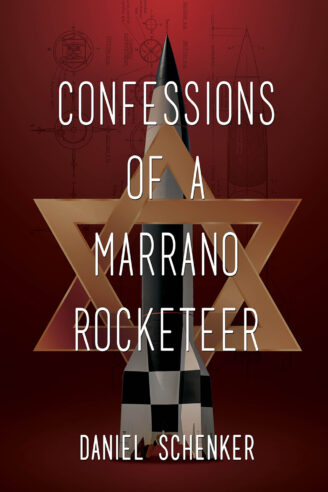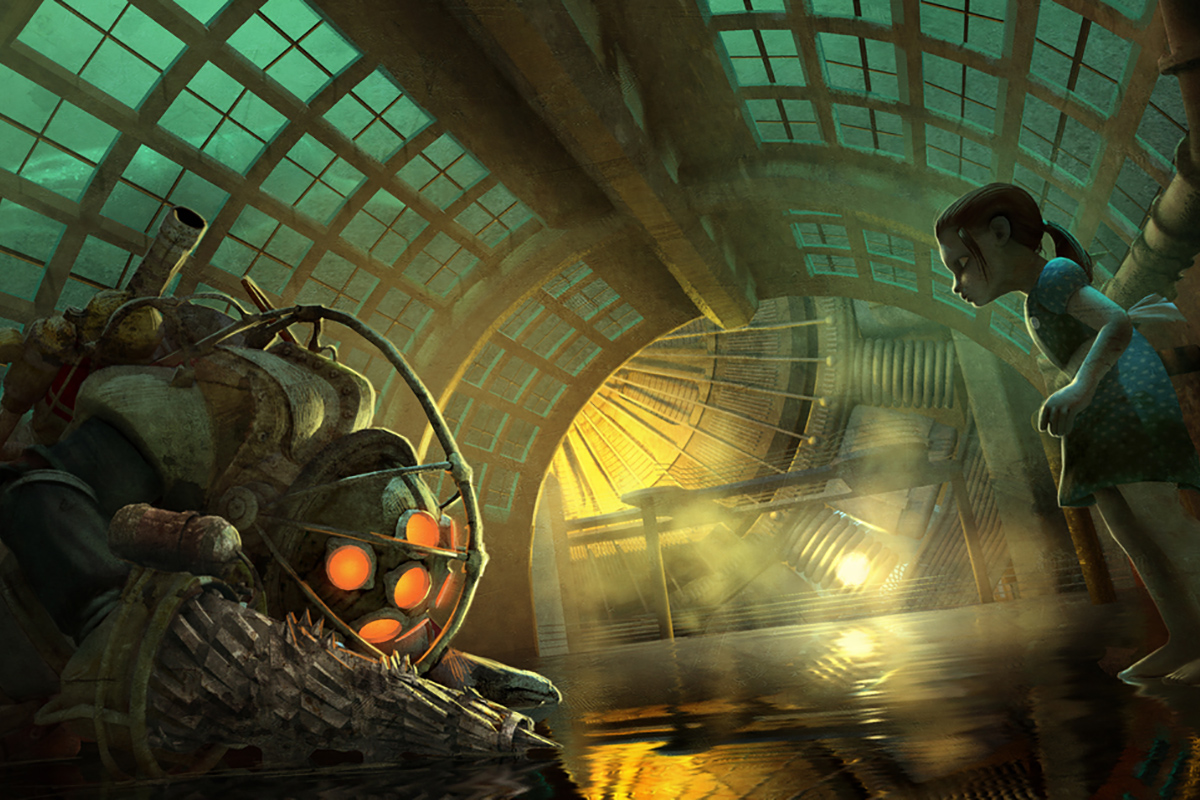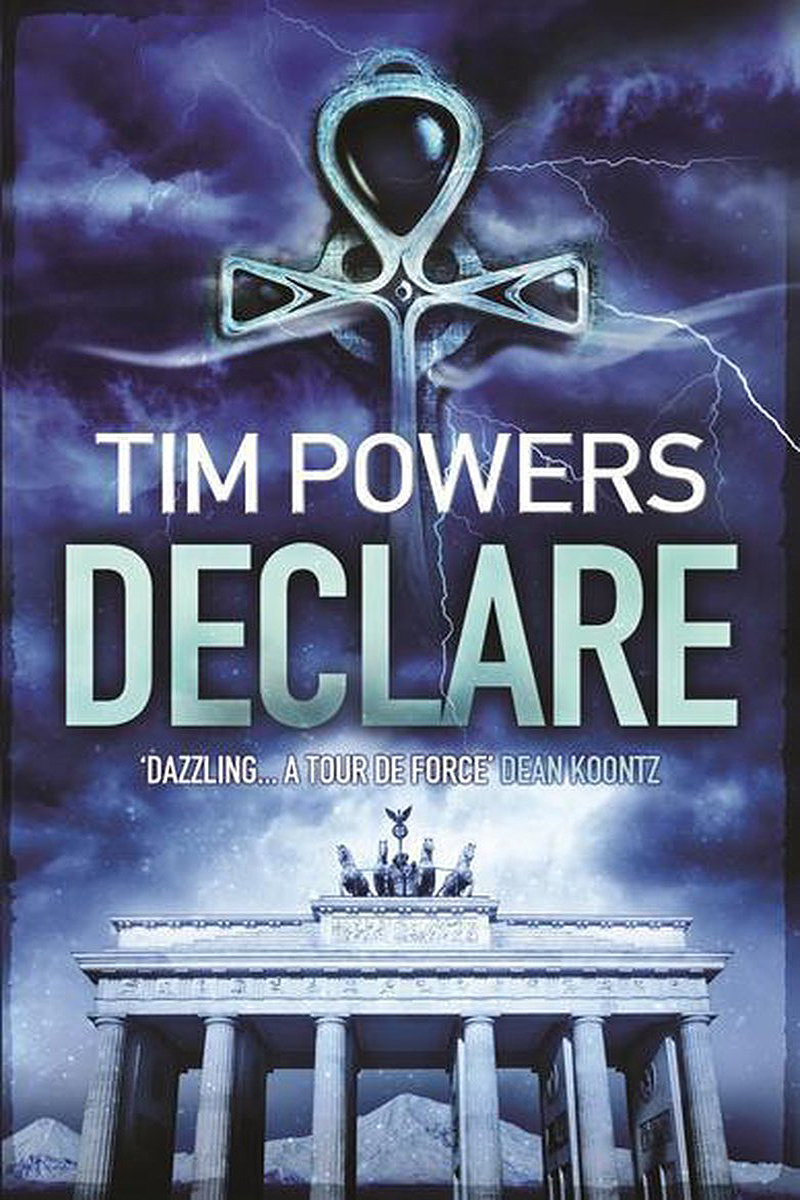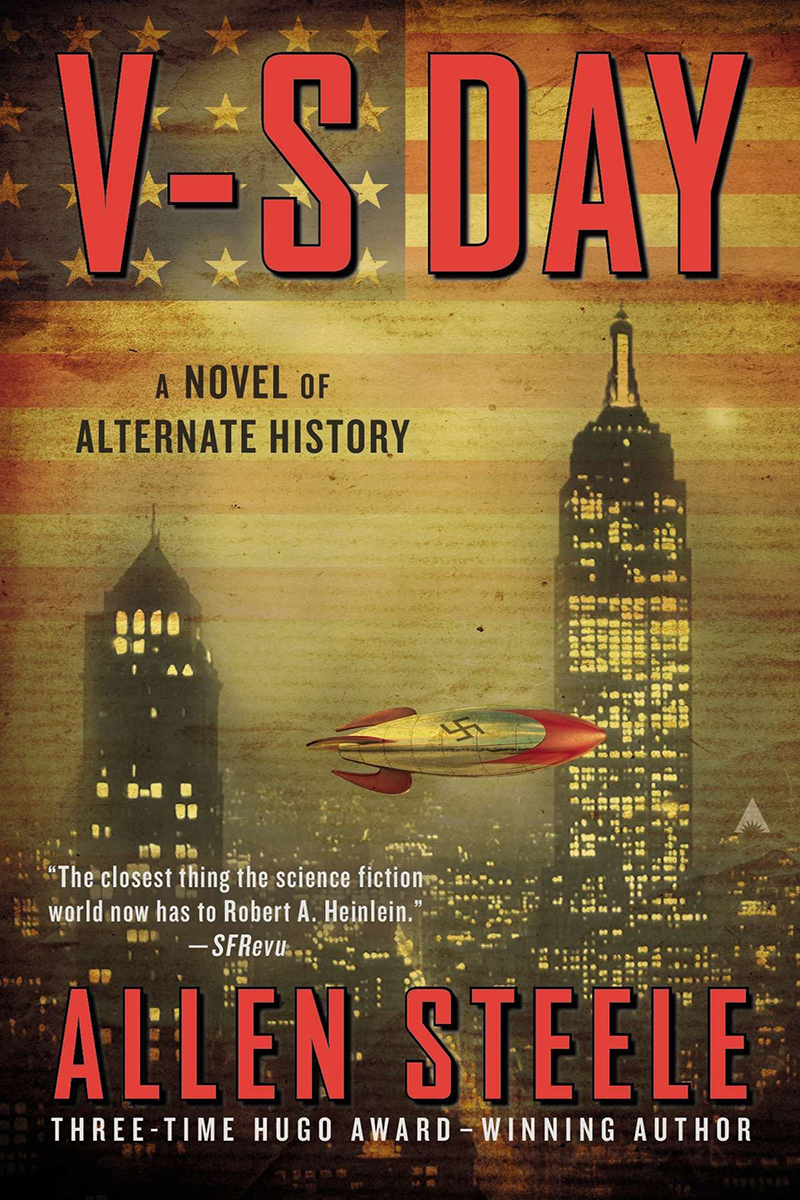Confessions of a Marrano Rocketeer fell into my lap through fortuitous chance. I learned of it through BookBub, an email service that gives subscribers book deals. That is how I came to Daniel Schenker’s debut novel — and what a debut it is!
Arthur Waldmann is a strange collection of attributes: ethnically Jewish, religiously Lutheran, living in Germany in the interwar years, obsessed with rocketry. Although a recent ancestor converted to Christianity (as many Jews in Germany did in the period), Athur grew up with the wisdom of the Zohar, the foundational text of Jewish mysticism. He is a man thoroughly at war with himself over who he is in light of his ancestors and his society, and how he trespasses against those in trying to pursue his passion.
From the very beginning of the book, the specter of Nazism hangs over Arthur’s life. He meets multiple people, with steadily increasing resources behind them, to build machines that will take humankind into space. This is harmless enough at first, but becomes very murky when he and his compatriots are contracted to build rockets for the German military and the country rearms in violation of the Versailles Treaty. Arthur begins to see the deal with the devil he has made, including the imposition of Nazi race law. He nevertheless soldiers on, having to see the nightmare unfurl as he enables it.
There’s a lot going on with Arthur as a character, and that is why he is so fascinating. He is, in many respects, a version of the “competent man,” one of the archetypal characters of Golden Age science fiction: a scientist who uses his widespread abilities to solve the problems of the plot. Robert A. Heinlein used this character frequently, Tony Stark is a well-known modern iteration. Schenker takes this character and places him in an historical reality, on the side of perhaps the most evil regime in history. Gone are the abstract threats and goofy villains that this sort of person usually has to deal with; this competent man’s enemies is justice itself.
Arthur also reminds me very much of Nicholson, the proud British architect in Pierre Boulle’s novel The Bridge Over the River Kwai (brought to life by Alec Guinness in the film). Both Arthur and Nicholson are men gifted with great technical ability and a love for achieving heights of engineering. Both their stories are ones of uneasy compromise with men who stand against their values for a chance to achieve their dreams.
Schenker succeeds dramatically at getting you to feel what Arthur feels. Most obviously is the rockets. Each one is a triumph, a glorious act that will let our species slip the surly bonds of Earth. But you also feel the intensity of his inner conflict. He is confronted by changes in his family and his country that force him to directly address the dilemma he finds himself in. His response is unsatisfactory in human terms, but it is all too believable (and therefore satisfying in narrative terms).
It’s hard to believe that Confessions of a Marrano Rocketeer is Schenker’s debut. It is complex, mature, sophisticated, and intensely morally focused in a way few novels are. Schenker’s career is one that ought to be watched with great interest.






1 Comment
Add YoursAlexander Wallace, great review!!